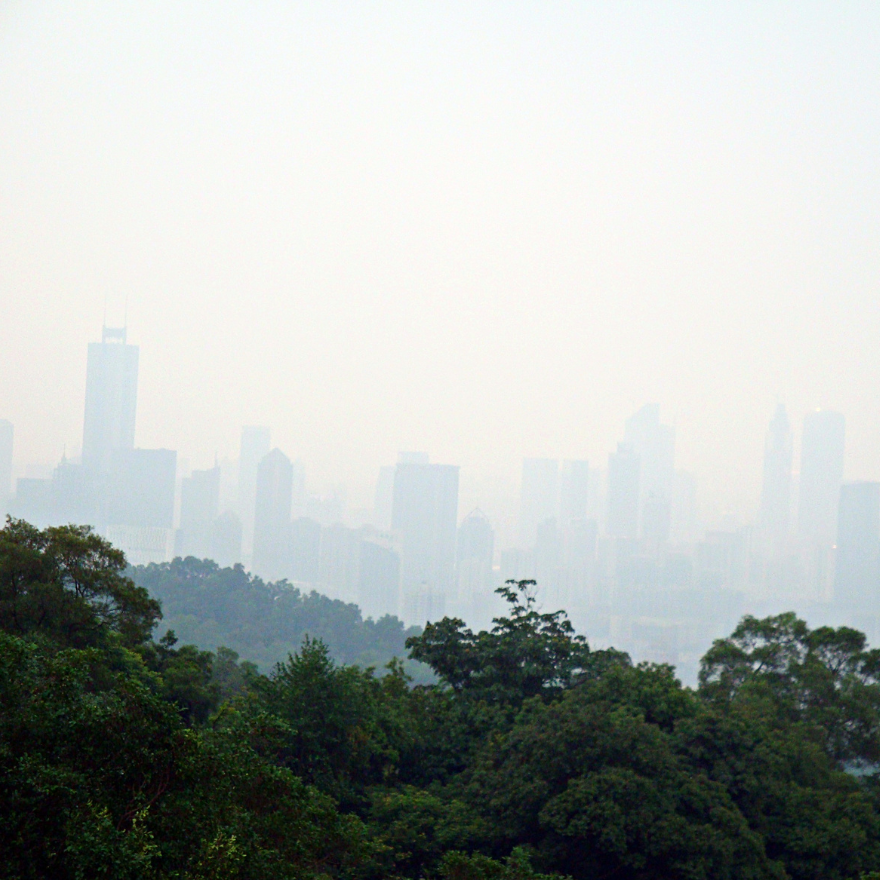

Poor air quality caused by wildfires can be a significant concern for residents. Here are some tips to help you navigate and cope with the situation:
Stay informed: Stay updated on the air quality conditions in your area. Follow local news outlets, government agencies, or weather websites that provide air quality index (AQI) readings. This information will help you make informed decisions about your activities and precautions.
Limit outdoor activities: When the air quality is poor, it’s advisable to minimize your time spent outdoors, especially during periods of high pollution. If possible, reschedule or avoid activities that involve prolonged exertion or heavy breathing, such as jogging or outdoor sports.
Create a clean indoor environment: Keep the doors and windows closed to prevent outdoor pollutants from entering your home. Use air purifiers with high-efficiency particulate air (HEPA) filters to improve indoor air quality. Avoid using products that release pollutants into the air, such as tobacco, candles, or certain cleaning agents.
Maintain good indoor ventilation: While keeping the windows closed is recommended during periods of poor air quality, it’s still important to ensure proper ventilation inside your home. Use fans or the air circulation setting on your air conditioning system to keep the indoor air fresh. However, if the outdoor air quality is severely compromised, it may be best to rely solely on filtered indoor air.
Wear appropriate protection outdoors: If you must go outside, especially for extended periods, wear a properly fitted N95 or N99 mask. These masks can filter out fine particulate matter and provide some level of protection. Additionally, consider wearing long-sleeved shirts, long pants, and sunglasses to reduce exposure to airborne particles.
Seek cleaner environments: If the air quality is particularly hazardous, consider temporarily relocating to a cleaner environment, such as a friend’s or family member’s home in an area unaffected by the wildfires. This can provide relief and reduce the health risks associated with prolonged exposure to polluted air.
Take care of your health: Pay attention to any symptoms you may experience, such as coughing, wheezing, shortness of breath, or irritated eyes. If you have pre-existing respiratory conditions like asthma, ensure that you have an adequate supply of medication and follow your healthcare provider’s advice.
Stay hydrated: Poor air quality can increase respiratory discomfort and dehydration. Drink plenty of water to stay hydrated, which can help alleviate some respiratory symptoms and promote overall well-being.
Support respiratory health: Use a humidifier at home to add moisture to the air, as dry air can worsen respiratory irritation. Additionally, consider consuming foods rich in antioxidants, such as fruits and vegetables, to support your respiratory system.
Be prepared: Familiarize yourself with emergency evacuation plans and assemble a disaster supply kit with essentials like food, water, medications, and important documents. Stay prepared for any potential worsening of the situation and follow evacuation orders if necessary.
